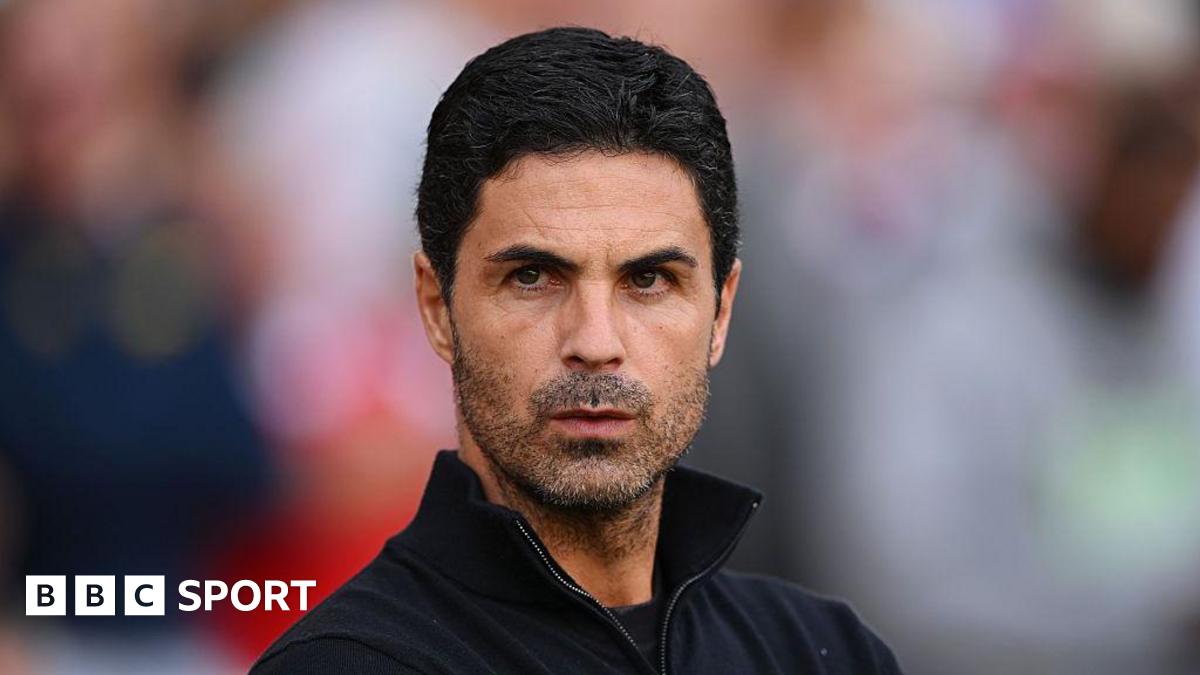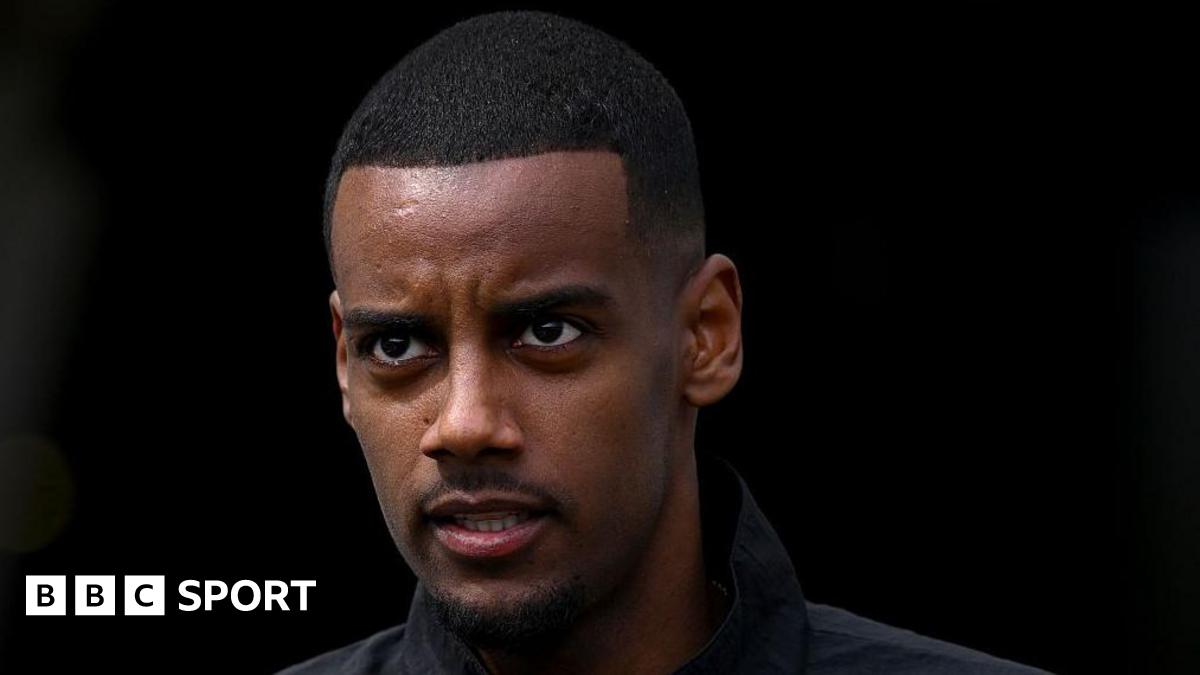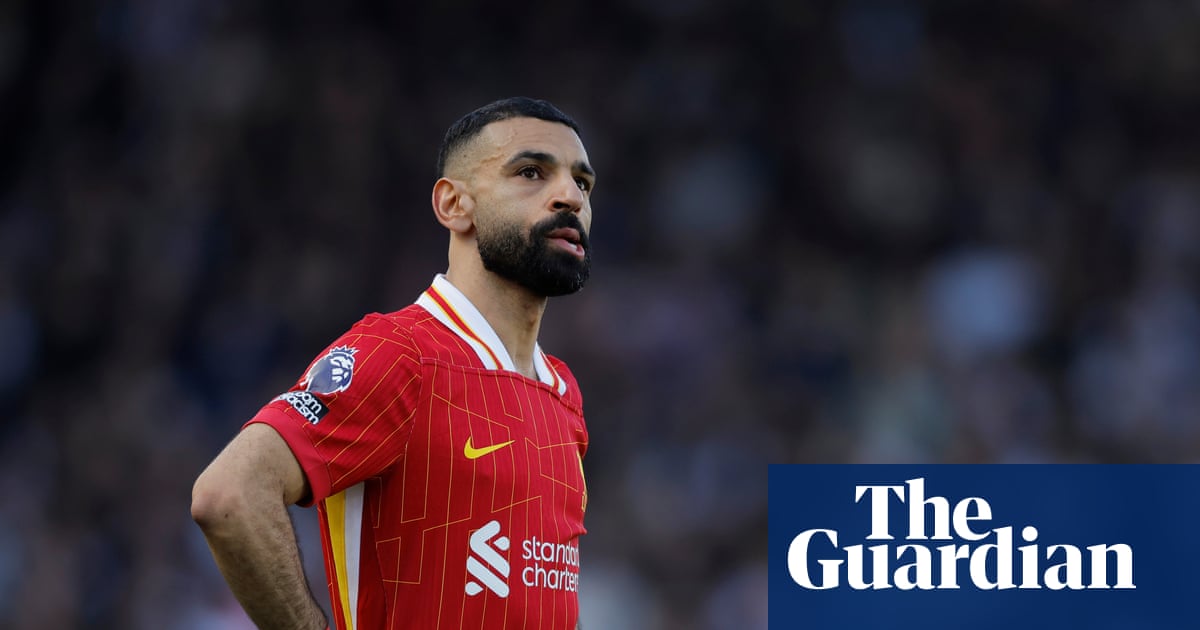Could latest seismic legal challenge leave Fifa wobbling on its perch?

The tectonic tensions in the world of football produced a seismic tremor this week. News emerged from the Netherlands of a class action that promised to seek compensation for players whose careers – the case claimed – had been blighted by Fifa’s rules.The scale of the action, undertaken by the group Justice For Players (JFP), is potentially vast: it holds that every active professional player, male or female, since 2002 could claim against Fifa for about 8% of their career earnings. Coming as a consequence of the European court of justice (CJEU) ruling on the Lassana Diarra case last year, the class action is considered exceptional by many in football because it has the potential to hit a governing body hard in the pocket. Should enough players and former players join, and were it to be successful, Fifa could be liable for a sum in the billions.Whether that materialises is another matter. The Guardian has spoken to multiple figures within the game, including those close to the JFP action, who regard the likely outcome being one that ends in negotiation, with the hope of achieving substantial systemic changes. The Diarra judgment found that Fifa rules relating to the authorisation of transfers for players restricted freedom of movement, a key tenet of EU law, and that rules requiring buying clubs to cover the cost of compensation for a player who breaks a contract “without just cause” are anticompetitive. One aim for the group, therefore, could be a remedy known as “injunctive relief”, whereby a defendant must carry out a certain action, in this case such as making a set of agreed changes to the transfer rules, alongside paying damages.Among the possible solutions is a stipulation that release fees are inserted into all footballers’ contracts, as in Spain, although it would be tough to ascertain a universal market value. Another may be that players sign shorter deals, for example for two years with an option, rather than the standard four-plus-one; that would have the effect of reducing transfer fees but could also mean players respond by requesting higher wages.A key actor in the class action has been Dupont-Hissel, a Belgian law firm. One of its partners, Jean-Louis Dupont, represented Jean-Marc Bosman in the historic 1995 case and the firm has been a consistent thorn in the authorities’ side, also representing the European Super League’s backers in their recent case against Uefa, and the Belgian club RFC Seraing in their successful case against Fifa and Uefa, where they challenged the court of arbitration for sport’s role in the game.Fifa faces other issues. Last year European Leagues and Fifpro, the global players’ union, announced they had complained to the European Commission over Fifa’s alleged lack of consultation over changes to the international match calendar. In a related action, five European player unions, including the Professional Footballers’ Association, submitted a claim to the Brussels court of commerce asking for the CJEU to intervene.View image in fullscreen The new JSP class action comes as a consequence of the CJEU ruling on the case brought by the former Real Madrid midfielder Lassana Diarra. Photograph: Lee Smith/Action Images/ReutersThe legal route has been increasingly embraced by stakeholders who feel there has been a lack of constructive dialogue with the global regulator. Last month the Fifpro leadership travelled to New York expecting to meet Gianni Infantino to discuss player rest breaks before the final of the Club World Cup (a tournament that caused much consternation inside the union). They say they were guided to another meeting while Fifa’s president met with union leaders unaligned with Fifpro. Two weeks later the president of Fifpro, Sergio Marchi, criticised what he called the “autocracy” of Fifa under Infantino and in response Fifa issued a statement accusing Fifpro of “blackmail” and demanding the union publish its financial reporting in full. If Fifpro did not do so, the statement said, Fifa would “move forward together with players and those who really want the best for football”.Fifpro gave tentative backing to the JFP claim this week. The number of legal challenges to Fifa is rising, even if there does not appear to be a coordinated effort, and there are those within the game who regard it as the best opportunity for stakeholders to get the global governing body to listen to their concerns. Those with knowledge of the Fifpro legal action say it is conceived of in those terms, with the hope that the EU will seek to bring parties together to address their dispute.Behind it all lies not only an increasing frustration with Infantino’s running of Fifa but a desire for reform of the European model of sports governance. Questions raised by the CJEU Super League ruling – over whether a regulator such as Fifa can also be a competition organiser – have not gone away and are an undercurrent in the latest debates.The Justice for Players class action is being led by serious figures, meanwhile, with Dupont and JFP recruiting the former Tottenham technical director and England assistant manager Franco Baldini to the group’s board. Baldini’s connections within the game remain widespread and he has form, particularly while with Roma, for taking on the status quo. The question is whether this particular challenge is the one that finally sets Fifa wobbling on its perch.Fifa has been approached for comment.









